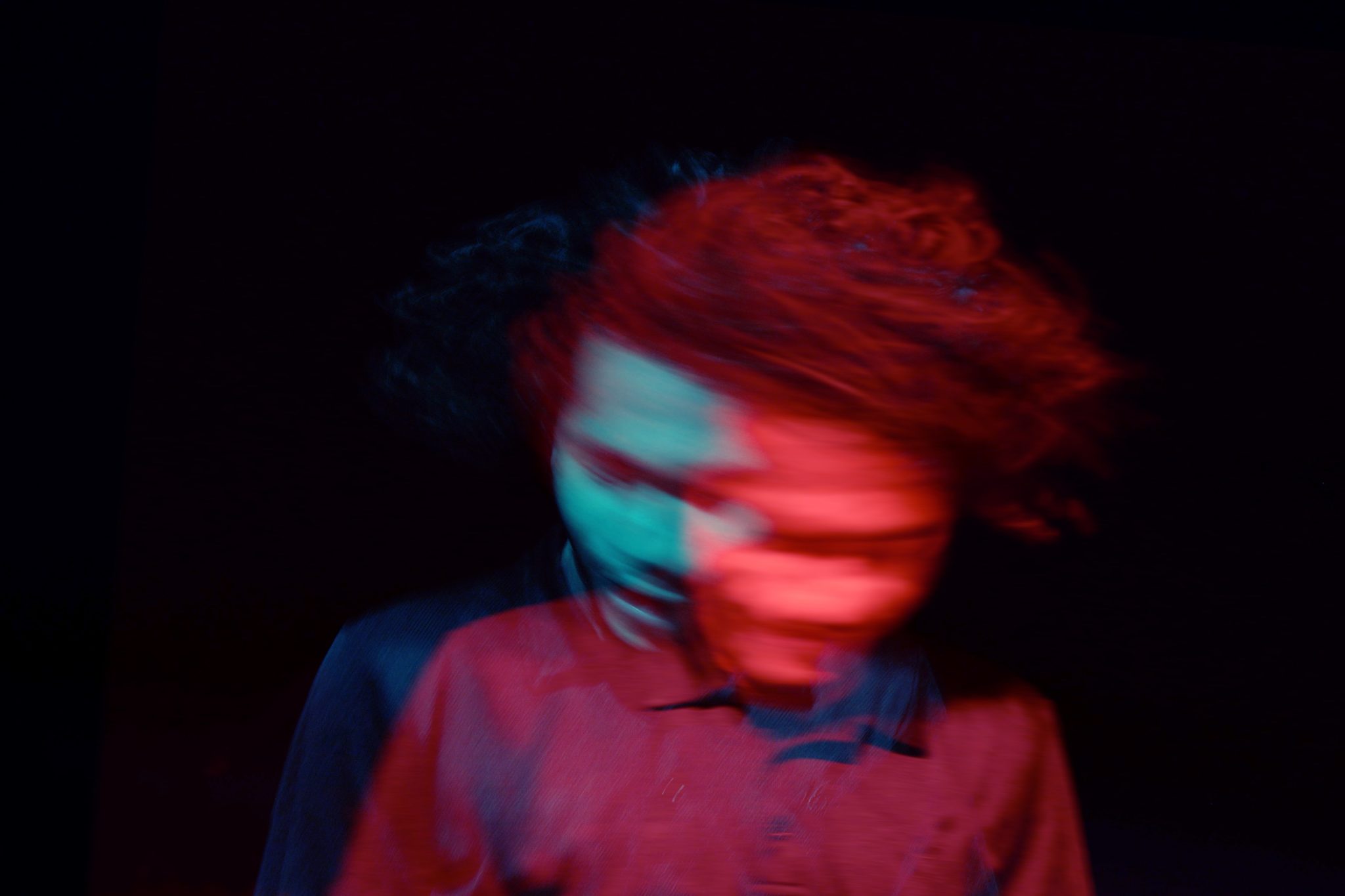Can You Drink Alcohol & Take Molly/Ecstasy (MDMA)?
Whether at a festival, rave, or concert, the party scene often involves people mixing substances to have a good time. One common combination of substances is ecstasy (aka molly or MDMA) and alcohol.
But can you drink on molly without taking significant risks? And how can you feel better the morning after—or even the night of—if you’ve combined the two?
The truth is, mixing mind-altering substances, legal or not, can be dangerous to your physical and mental health.
Keep reading to learn more about what happens if you mix molly and alcohol, as well as some precautions, side effects, and risks to know about.
What You Should Know About Ecstasy and Alcohol

Alcohol depresses the central nervous system, creating sedative-like effects and impacting your cognition. Molly (MDMA) is an illegal drug with stimulant and hallucinogenic effects, often used for its feelings of euphoria, friendliness, and empathy.
In a party environment, such as raves, festivals, or other gatherings, it’s common to see people mixing these two substances for various reasons.
Sometimes, partygoers choose to drink alcohol to enhance their experience with MDMA, attempting to prolong the feeling or create synergistic effects. In other cases, people mix molly and alcohol for no other reason than the fact that both were available to them at the time.
MDMA: What Are the Risks?
According to the National Institute of Drug Abuse, MDMA use can have some dangerous side effects. Too much ecstasy can cause life-endangering symptoms like high blood pressure, panic attacks, and even loss of consciousness or seizures. If you or anyone around you experiences these symptoms, it’s essential to get medical help right away.
Because of the environments that people take ecstasy in—nightclubs, raves, and summer parties—heatstroke is another common risk. MDMA has been found to raise core body temperature in humans, and higher doses can intensify this effect.
All in all, MDMA use comes with many risks, and even more so when alcohol is in the picture. Other common effects include (but are not limited to):
- Nausea
- Teeth grinding or jaw clenching
- Chills
- Sweating
Side Effects & Risks of Mixing MDMA and Alcohol
So, what happens if you mix molly and alcohol?
Alcohol and ecstasy combined can lead to increased levels of MDMA in the blood. One study found that drinking after taking molly increased the blood concentration of MDMA by 13 percent.
A 2021 review found that alcohol may also aggravate the effects of MDMA in the body—meaning that mixing the two may put you at greater risk for MDMA toxicity.
Users who mix molly and alcohol often claim that the two “balance” each other out. For example, some people feel that molly reduces their sense of impairment while drinking. This can be dangerous, since it can lead to someone drinking more, or taking more MDMA, than their body can handle. This increases the risk of poisoning or overdose.
Beyond that, mixing ecstasy and alcohol can cause other harmful side effects, including:
- Dehydration
- Hyperthermia, or elevated body temperature
- Heatstroke
- Loss of coordination
- Impaired cognition
- Increased stress on the heart
- Increased risk of cell or organ damage
Precautions

While we don’t recommend it, if you find yourself in a situation where you decide to take ecstasy and alcohol, here are some precautionary steps to ensure you stay as safe as possible.
- Be aware of the setting. Make sure you are somewhere safe, around people you trust who can help you in case of emergency.
- Keep in mind that many drugs you get off the street may not be exactly what dealers say they are. Because MDMA is illegal and unregulated, it’s very difficult to know if it’s legitimate and pure.
- Be aware of your mental and physical health. If you have any conditions that may be exacerbated by drinking or taking molly, it’s best to avoid the substances altogether.
- Start by taking an extremely small dose. Be mindful of how your body responds to any substance—you don’t want to risk overdoing it.
- Plan on keeping your alcohol use low. Know that combining these substances will put you at risk of drinking excessively.
Taking Care of Yourself While Drinking on Molly
Here are some things you can do (or remind others to do) if you or someone else has been drinking on molly.
- If you’re dancing a lot, make sure to take frequent breaks to allow your body to rest and cool off.
- Stay hydrated, but don’t overdo it. The effects of MDMA can make it hard to understand how much water you need and remember how much you’ve already had.
- Stay with friends, and don’t wander away alone.
- Know that you may experience a “come down.” Alcohol is infamous for hangovers, and MDMA has been known to cause a low mood in the days after use.
- Most importantly, do not be afraid to get medical attention if needed. Too much of any substance can be life-threatening, and medical professionals are there to help.
If you aren’t feeling spectacular the day after partying, remember that it’s to be expected. Your best bet is to get a good night’s sleep to start feeling better.
Additionally, drink plenty of water the morning after and eat nutritious foods to restore your health. You can also check out these hangover tips to help you feel better after heavy drinking.
Getting Help
In general, both MDMA and alcohol use can cause harmful effects in a person’s life, and combining the two is not safe. So, if you find yourself struggling, don’t be afraid to reach out for help.
If you’re finding it hard to stop drinking on your own, Ria Health can make reaching your goals easier. Our program gives you access to expert medical support, weekly coaching meetings, anti-craving medications, and more—all from a handy smartphone app. Best of all, you don’t have to rearrange your life to get support.
Learn more about how it works
Will insurance cover treatment? Verify Coverage
Have Questions? Call (800) 504-5360



